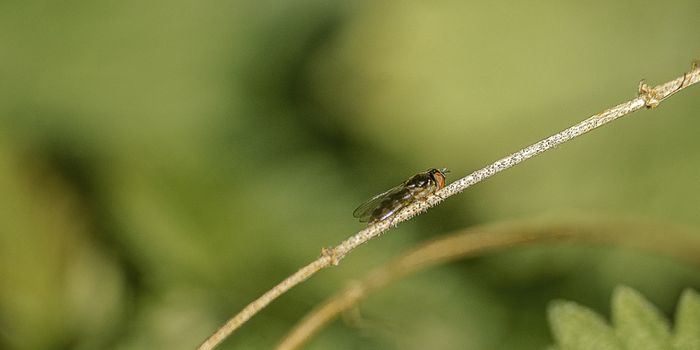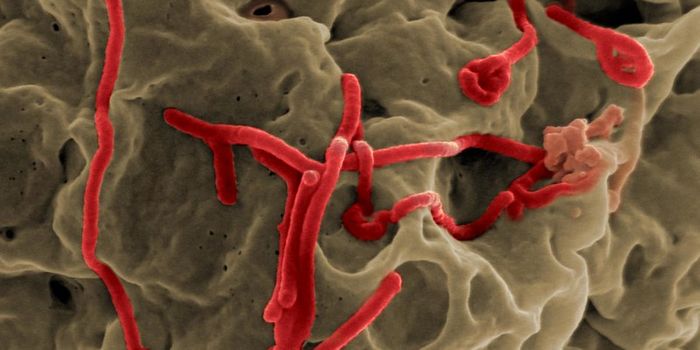Sharks Can Use Earth's Magnetic Field to Navigate
How do sharks make transatlantic journeys without losing their way? New research published this week in Current Biology demonstrates that like salmon, birds, sea turtles, and lobsters, sharks can navigate using the planet’s magnetic field.
It’s no surprise that sharks are sensitive to electromagnetic information—they have hundreds of sensory organs called the ampullae of Lorenzini, mucous-filled pores that detect changes in temperature, pressure, and electric and magnetic fields. These highly-specialized pores are vital for hunting, helping sharks detect minute electrical signals created when prey animals move. But while previous studies have demonstrated that sharks can detect magnetic fields, direct evidence for geomagnetic navigation in sharks has proven elusive.
For this study, researchers tested the internal compass and mental map of the bonnethead shark, a small hammerhead species native to the coastal tropics. Wild-caught bonnetheads were placed in tanks surrounded by current-carrying copper wire, which the scientists used to manipulate the local magnetic field—essentially tricking the sharks’ biological GPS into thinking they were in another location.
When the artificial magnetic field imitated an area far south of where the sharks were captured, many of the bonnetheads oriented northward to head back home, suggesting they do indeed use a mental map to return to the estuaries they migrate to year after year.
But when the bonnethead sharks, all captured off the coast of the Florida panhandle, were set in a magnetic field that indicated they were in Tennessee, they didn’t seem to know which way to turn. That may be an indicator the sharks draw their own mental map from experience—while they may have explored the Gulf of Mexico, the bonnetheads haven’t had occasion to visit the Smoky Mountains—or that it’s simply not useful for the sharks to interpret geomagnetic signals so far outside their range, according to study authors.










